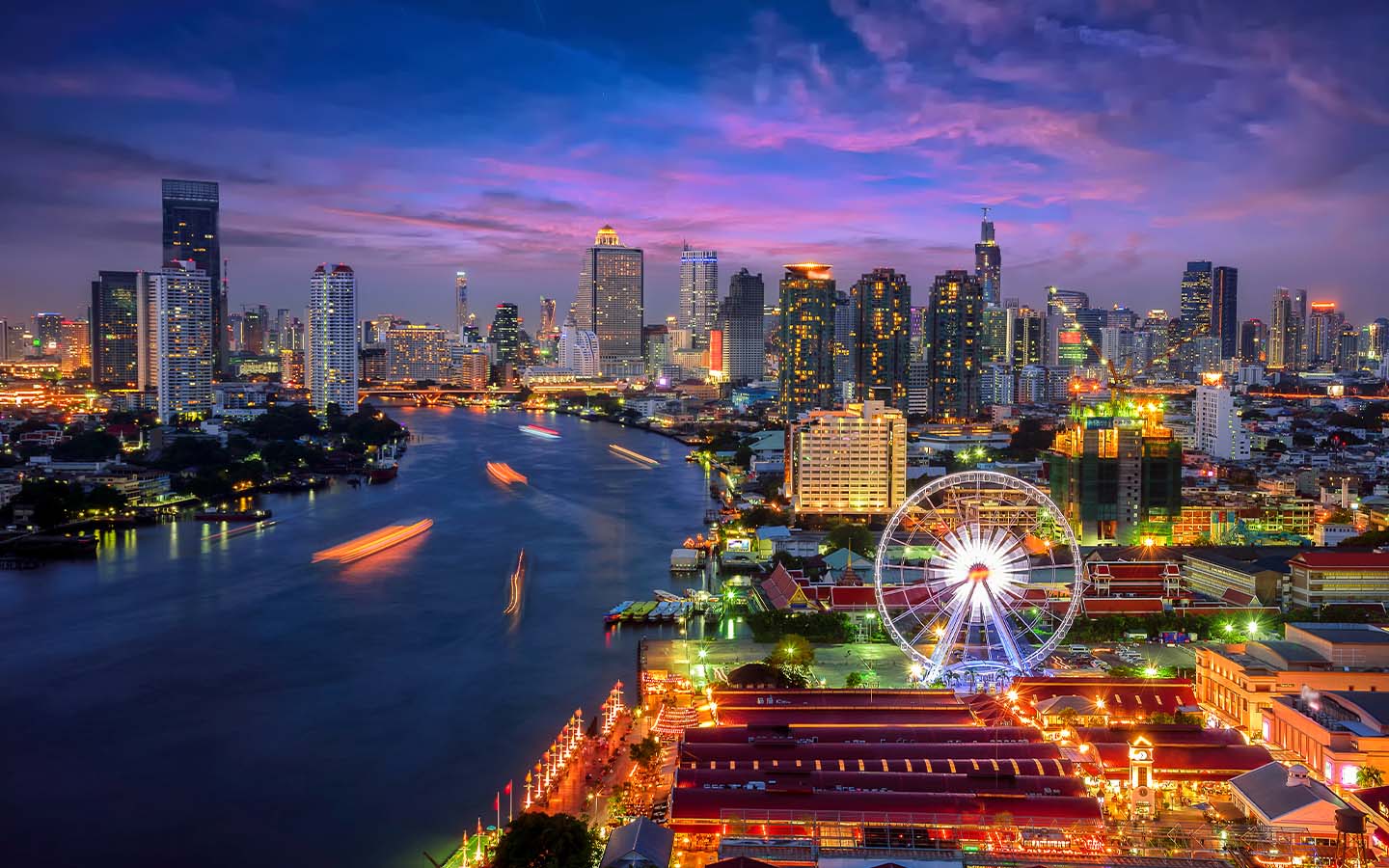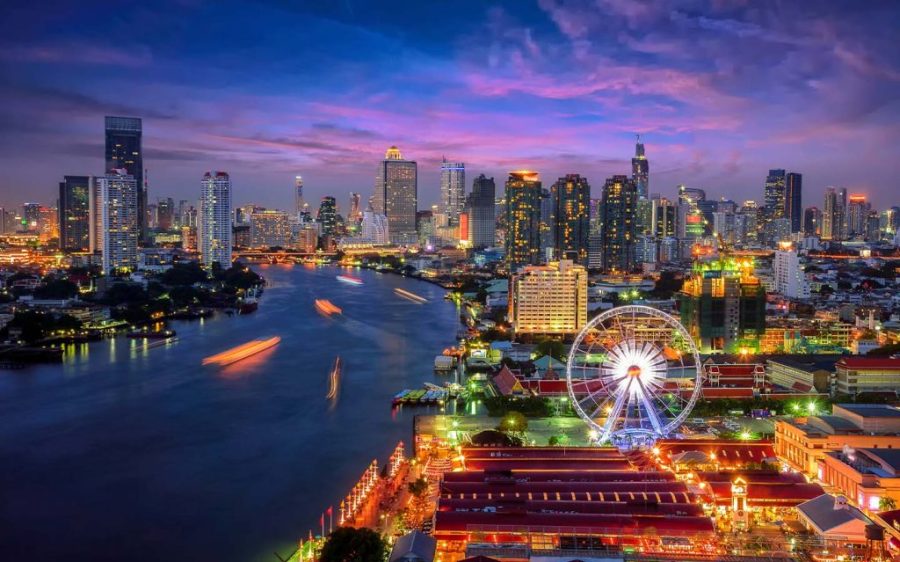The Thai government is one step closer to fulfilling its goal of establishing a gambling industry in the country, after its cabinet gave the go-ahead yesterday for the newest version of a draft bill on the legalisation of casinos, as reported by the Bangkok Post.
According to the Bangkok Post, in its current form the draft imposes a number of measures that are aimed at deterring many Thai nationals from entering the casinos. Locals will need to pay an entry levy of 5,000 baht (US$147) and have a minimum of 50 million baht (US$1.47 million) in their bank accounts before they are permitted on the gambling floor.
This is in spite of fears, voiced earlier this month, by Thailand’s finance minister Julapun Amornivivat, who said too many local punters would be excluded from future casinos and be driven into the arms of illegal gambling operators, as there were “only 10,000 Thai accounts” that fulfilled the 50 million baht criteria.
Despite receiving cabinet approval, the draft bill will still need to undergo deliberation in the Parliament, which will determine the law’s parameters, Prime Minister Paetongtarn Shinawatra said. The legislation will then need to go through the House of Representatives, the Senate and the Thai King before it is signed into law.
Aside from limiting the number of local players, Thailand’s casino bill also attempts to regulate the future gaming industry by only allowing 10 percent of an entertainment complex’s space to be reserved for gambling purposes. Casino operators will also not be allowed to livestream gambling and will need to adhere to anti-money laundering regulations.
[See more: Just three Macao casino operators are likely to apply for Thai concessions: report]
By legalising casinos, Thailand is hoping to boost its economy, with the government expecting the new industry to rake in an annual tourism revenue of between 120 to 240 billion baht (US$3.5 billion to US$7 billion).
Concerns, however, have been raised by various stakeholders, leading to some groups staging protests over the bill, which they see as promoting vice and fuelling issues such as corruption and addiction. One recent Nida Poll survey cited by the Bangkok Post found that a substantial number of Thai residents were concerned about the negative impact that the opening up of casinos would have on society.
Similarly, the People’s Party, an opposition group, warned that if the Chinese government may dissuade citizens from travelling to Thailand when the law passes, the expected tourism gains may not be realised.
The legalisation of casinos in Thailand will also mean a more competitive business landscape for Macao, whose economy is still heavily reliant on the gambling industry.
However, David Ka Chio Fong, a gaming expert with the University of Macau, told Macao Daily News that he believed the effect that Thailand’s new policy would have on the SAR would be limited due to Macao’s regional differences and unique strengths. Instead, the academic said Singapore would face a greater impact as it is situated closer to the country geographically and culturally.






